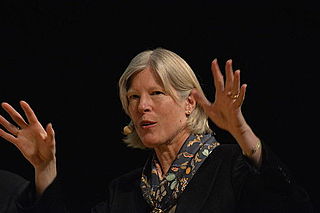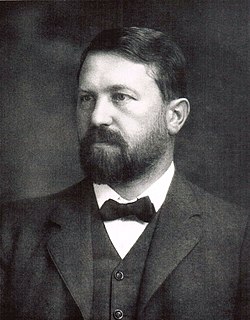A Quote by Elizabeth Blackburn
In my lab, we're finding that psychological stress actually ages cells, which can be seen when you measure the wearing down of the tips of the chromosomes, those telomeres.
Related Quotes
What I found out on Christmas Day 1984, through biochemical evidence, was that telomeres could be lengthened by the enzyme we called telomerase, which keeps the telomeres from wearing down. After I found that out, I went home and put on Bruce Springsteen's 'Born in the USA,' which was just out, and I danced and danced and danced.
For it is not cell nuclei, not even individual chromosomes, but certain parts of certain chromosomes from certain cells that must be isolated and collected in enormous quantities for analysis; that would be the precondition for placing the chemist in such a position as would allow him to analyse [the hereditary material] more minutely than [can] the morphologists ... For the morphology of the nucleus has reference at the very least to the gearing of the clock, but at best the chemistry of the nucleus refers only to the metal from which the gears are formed.






























